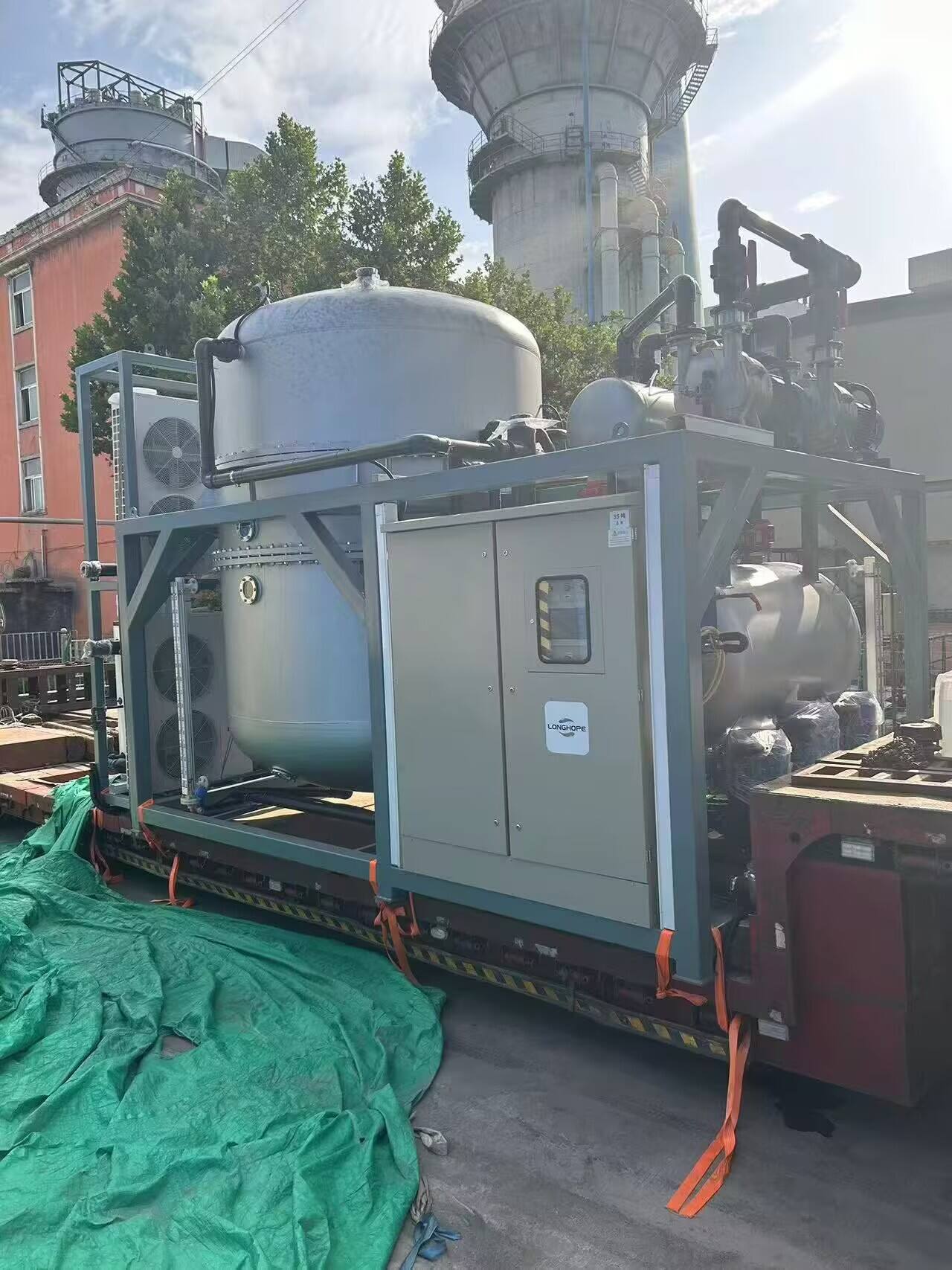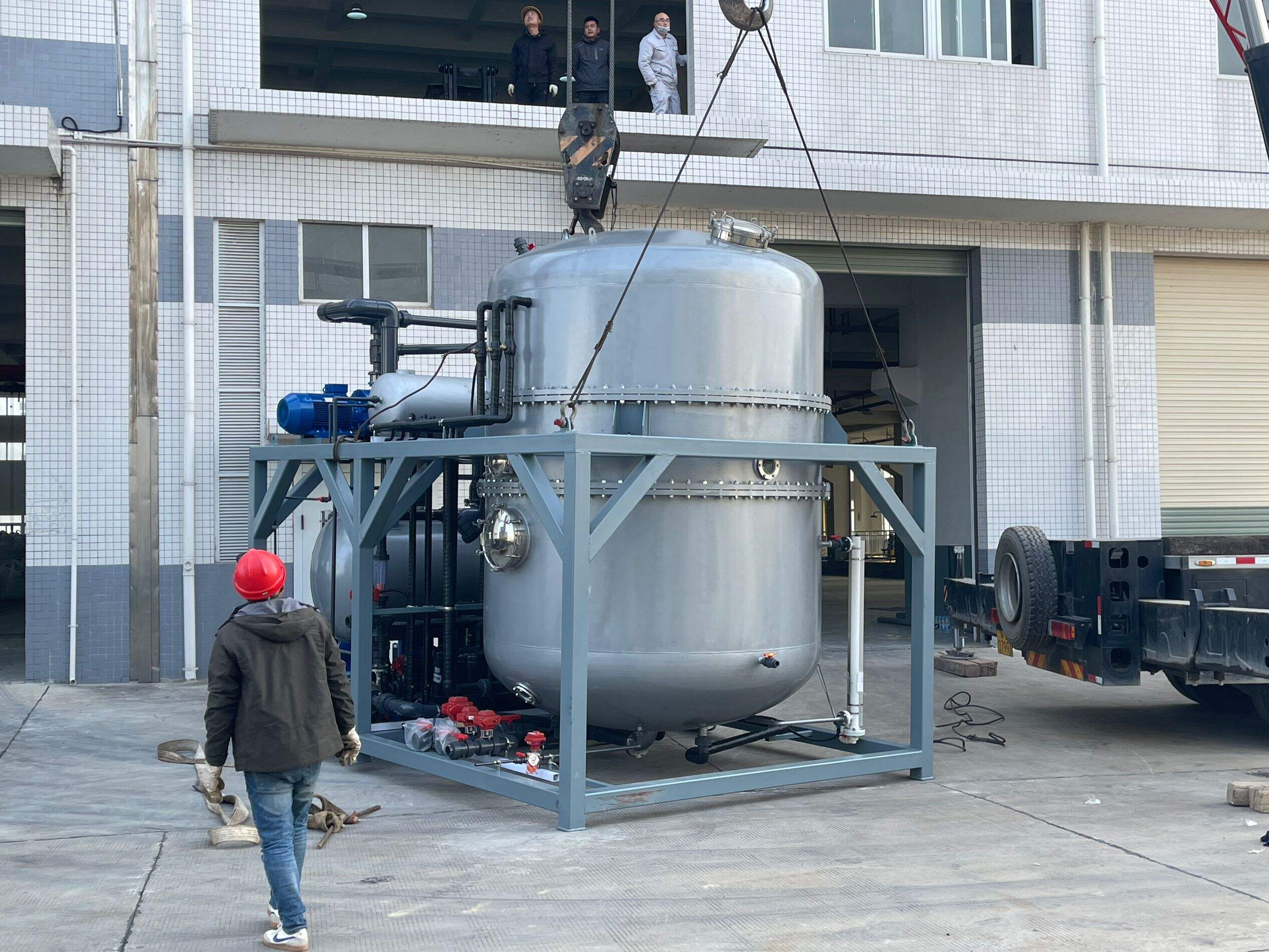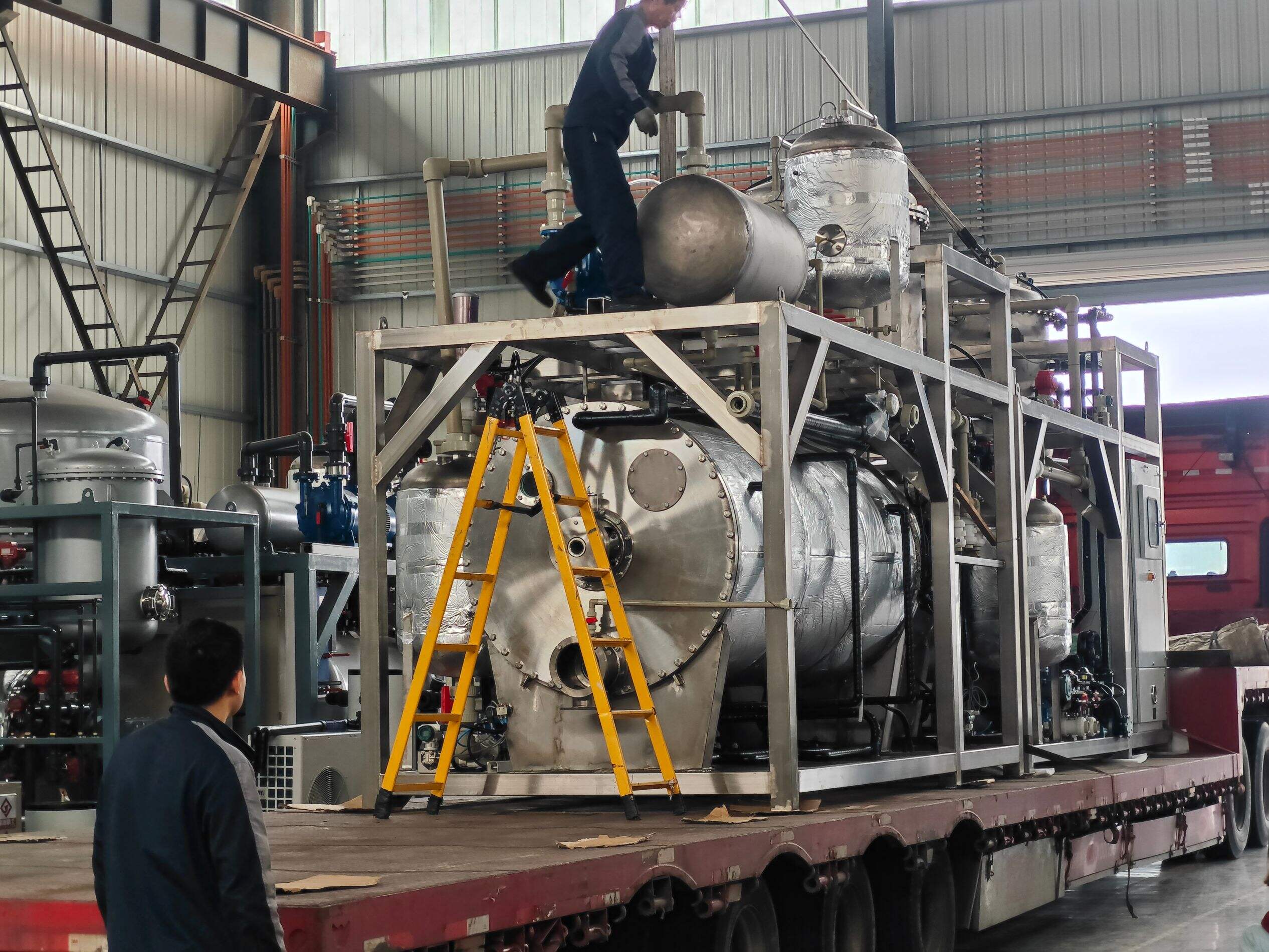zero water discharge
Zero water discharge represents a cutting-edge approach to industrial water management that aims to eliminate wastewater release into the environment. This innovative system operates through a closed-loop process where water is continuously treated, purified, and reused within the facility. The technology incorporates multiple treatment stages, including pre-treatment filtration, reverse osmosis, membrane separation, and advanced oxidation processes. These components work in harmony to remove contaminants, suspended solids, dissolved minerals, and organic compounds from process water. The system's sophisticated monitoring equipment ensures optimal performance through real-time analysis of water quality parameters. Zero water discharge facilities typically feature modular designs that can be scaled according to specific industrial needs, from small manufacturing plants to large-scale chemical processing operations. The technology finds extensive applications across various industries, including power generation, chemical manufacturing, mining, and food processing. By implementing zero water discharge systems, facilities can maintain continuous operations while meeting stringent environmental regulations and reducing their water footprint. The system's automation capabilities allow for minimal operator intervention while maintaining consistent water quality standards throughout the process cycle.


